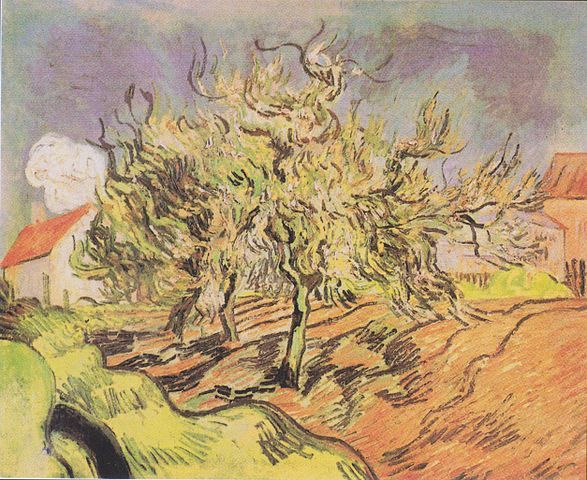
In August 2021, the International Panel on Climate Change (IPCC), the world’s leading climate research group, published its Sixth Assessment Report, an extensive literature review of more than 14,000 scientific publications. The report concludes that Earth has entered the Anthropocene—a geological epoch that reflects the fact that human activity, not natural processes, has become the primary driver of the planet’s changing, and increasingly destabilized, climate.1 It paints a detailed picture of the current physical state of the world, including atmospheric carbon dioxide concentration and the sensitivity of various physicochemical feedback loops. The IPCC’s extensive data collection highlights how these loops have resulted in increases in average global temperature and sea level and a reduction in vegetation cover. Such data has also allowed quantitative models to project what is likely to happen if these patterns continue or exacerbate. For example, many scientists and activists believe the intensification of floods and droughts and the reduction of food and freshwater security are just a few examples of what we can expect if we continue to add to greenhouse gas concentrations via the burning of fossil fuels and the proliferation of meat-heavy diets.
In light of the IPCC’s unequivocal statement that we have entered the Anthropocene, a reasonable person might conclude that any moral obligation to mitigate the detrimental effects of climate change (should we value life as we know it) has been extended to the moral obligation to reevaluate the choices, no matter how seemingly trivial, we make as individuals. One also might argue that knowledge of the Anthropocene leads us to reconsider, perhaps even challenge, the personal and collective values that govern our society and its systems, including the economy. However, concluding that we should reconsider our values (on both a personal level and a societal one) does not tell us which framework is the most suitable for doing this. More crucially, “listening to the science,” although of fundamental importance should we wish to know the state of the world, merely provides us with the facts and not the tools we need to make ethical decisions.
The philosopher David Hume highlighted the fact-value distinction: the idea that we cannot derive a value from a fact or an “ought” from an “is.” Instead, we must derive a value from a value. Take, for example, car ownership. It is true that burning fuel as we drive around town contributes to carbon emissions and thus the destabilization of the planet’s climate. However, it may be equally true that, because of a lack of public transport, a refusal to burn this fuel would result in our child not getting to school on time tomorrow morning. The question then becomes, Which fact should we pay more attention to? What should we prioritize: our planet or our child’s education? And what should our criteria be when it comes to deciding? Environmental philosophers have traditionally considered a biocentric pantheist framework when reflecting on how society ought to answer these kinds of questions. While there are various approaches that come under this umbrella, including Arne Naess’s Deep Ecology and Aldo Leopold’s Land Ethic, all of them are axiomatically rooted in a nonhierarchical reality, where God and nature are one and humans and nonhumans are considered equally worthy of care and consideration. In other words, no one species (or individual within a species) is inherently more valuable than any other.2 However, for a view that retains a traditional understanding of hierarchy, the ancient philosophy of Stoicism, with its unique virtue ethics framework and complex amalgam of logocentric pantheism and theism (a reason-centered physics and ethics in which natural law is God as opposed to being created by God), can be applied to the aforementioned questions. In particular, Stoicism’s logocentrism helps us to better understand our role on this planet and, consequently, the actions we can take to maintain Earth’s conditions in such a way that we strengthen our moral character and progress toward eudaimonia, a state of complete human flourishing.